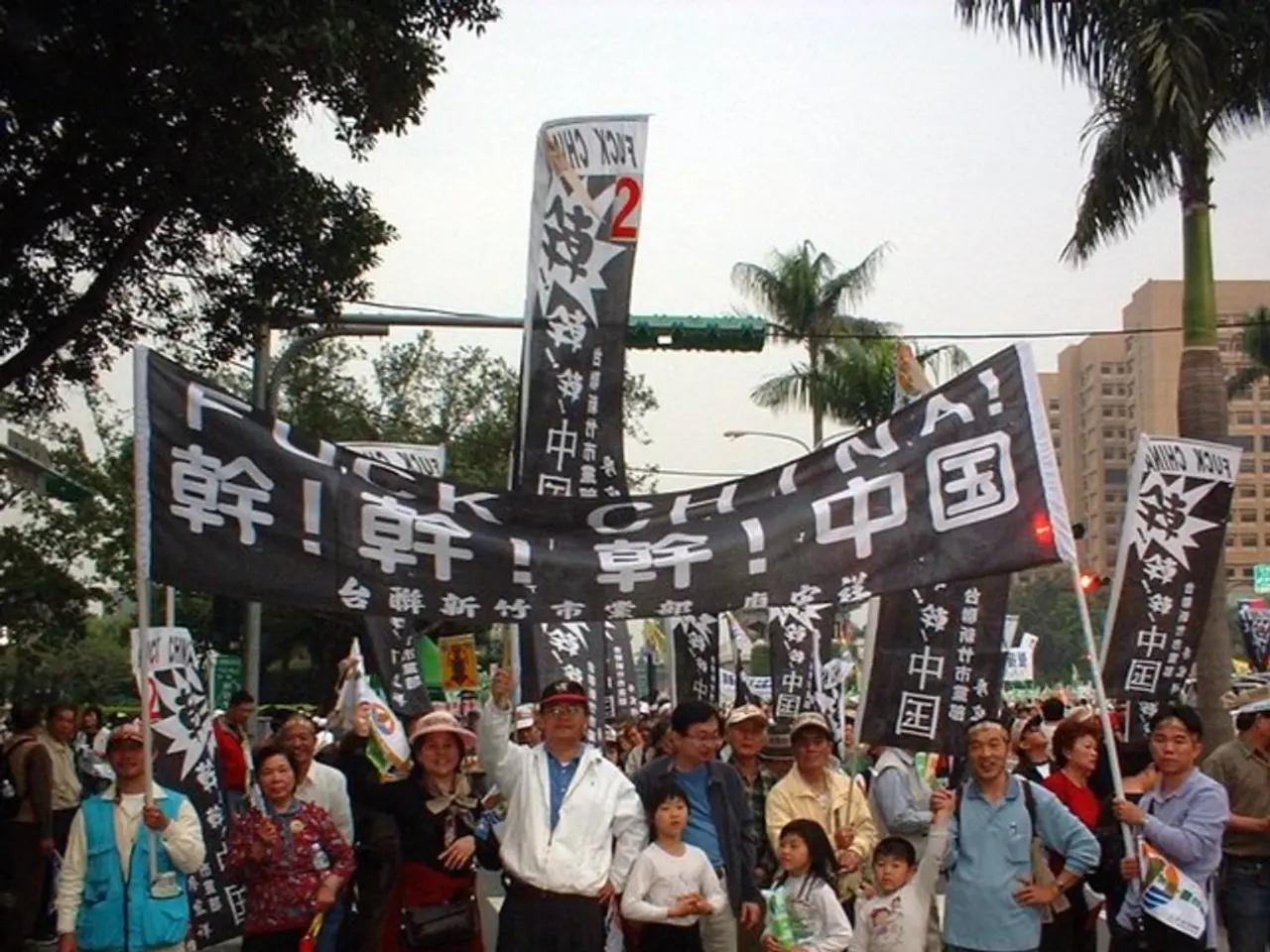Stay Engaged Yet Protected: Keep Informed Without Wearing Yourself Out
In today's fast-paced world, where news and social media updates dominate our daily lives, it's essential to take a step back and prioritize mental health. One of the key challenges we face is outrage fatigue, a phenomenon that can leave us feeling drained and disconnected.
To combat outrage fatigue, it's important to manage emotional overwhelm by limiting exposure to distressing news, engaging in activities that reduce stress, fostering empathy through open-minded dialogue, and strengthening local social connections.
One key strategy is to limit news consumption. A brief morning update is sufficient to stay informed without becoming overwhelmed by negativity. Engaging in stress-relieving activities such as exercise or hobbies can balance the emotional toll of exposure to ongoing outrage.
Another strategy is to avoid amplifying outrage by consciously choosing not to click, comment on, or share inflammatory social media content. This helps to reduce polarization and emotional exhaustion.
Humanizing opposing views can also help combat outrage fatigue. Following people you disagree with for understanding rather than argument, and reading alternative perspectives, can reduce hostility.
Connecting locally with family, friends, and community is another important step. Building supportive relationships can counter feelings of isolation and helplessness brought on by societal division.
Recognizing and addressing symptoms of emotional overwhelm and anger fatigue is crucial. These symptoms include irritability, withdrawal, fatigue, pessimism, and cognitive difficulty. Practicing self-care and seeking professional help if needed can help manage these feelings.
Politicians and other influential figures can manipulate public opinion by exploiting people's outrage, using divisive issues as tools to sway public opinion. Getting involved in local politics or community initiatives can provide a more tangible way to make a difference and combat outrage fatigue.
By approaching complex issues with clarity and compassion, we can combat the effects of outrage fatigue in our current polarized society. Prioritizing mental health and well-being can help navigate the turbulent waters of outrage with resilience and grace.
Recent studies have shown that outrage plays a significant role in the spread of misinformation, especially on social media platforms. The prevalence of outrage on social media can alienate individuals and discourage meaningful engagement, ultimately fueling apathy and disengagement from important issues.
Outrage fatigue stems from repeated exposure to moral transgressions, leading to desensitization. The heightened emotional response triggered by outrage makes such content more engaging and likely to be shared, leading to a vicious cycle of amplification.
However, a certain level of outrage can be beneficial in identifying and addressing problems. The key is to find a balance — to be informed without being overwhelmed, engaged but not consumed, as we navigate modern media and public discourse.
Small steps towards self-care and mindful consumption of information can make a significant difference in combating outrage fatigue. Let's remember that we have the power to choose how we engage with the world around us, cultivating a sense of awareness and balance to protect ourselves from the negative effects of outrage fatigue.
Embracing health-and-wellness practices can aid in mitigating the effects of outrage fatigue. Regular exercise and relaxation techniques can foster a calm mind and strong mental health. (news, mental-health)
By staying informed through credible sources and actively seeking out diverse opinions in science and current events, we can foster an enlightened opinion and a more comprehensive understanding of complex issues. (news, science, opinion)
Engaging in local community health initiatives or supporting mental-health advocacy groups can help strengthen well-being and promote empathy in our society. (health, community, mental-health)




